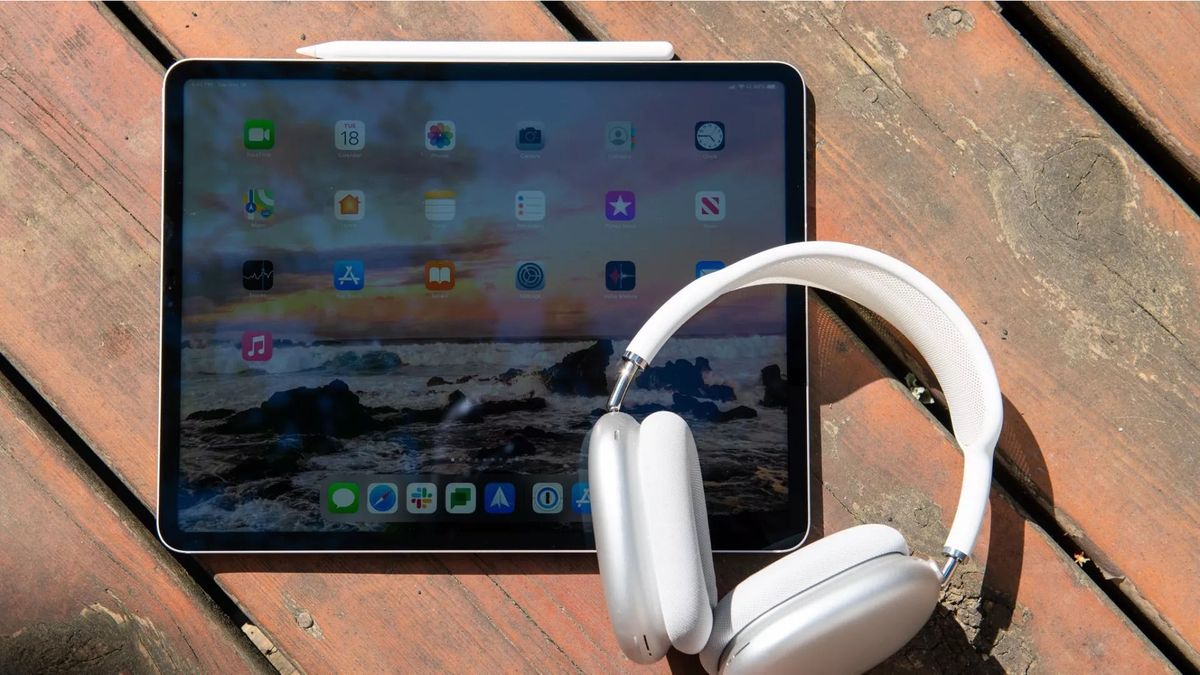Apple has five iPad models for sale as of now, which gives you lots of options when trying to choose the best iPad. Every iPad is rated for roughly 10 hours of battery life while browsing the web, checking email, and chatting. But if you’ve just set up a new one, especially if you restored it from a previous device backup or you’ve just installed iPadOS 16, you might see more drain on your battery than you’d otherwise expect.
Rather than cursing and throwing your iPad — as much as you might want to! — here’s what you can do to fix iPad battery life and get on with your life.
Wait for it
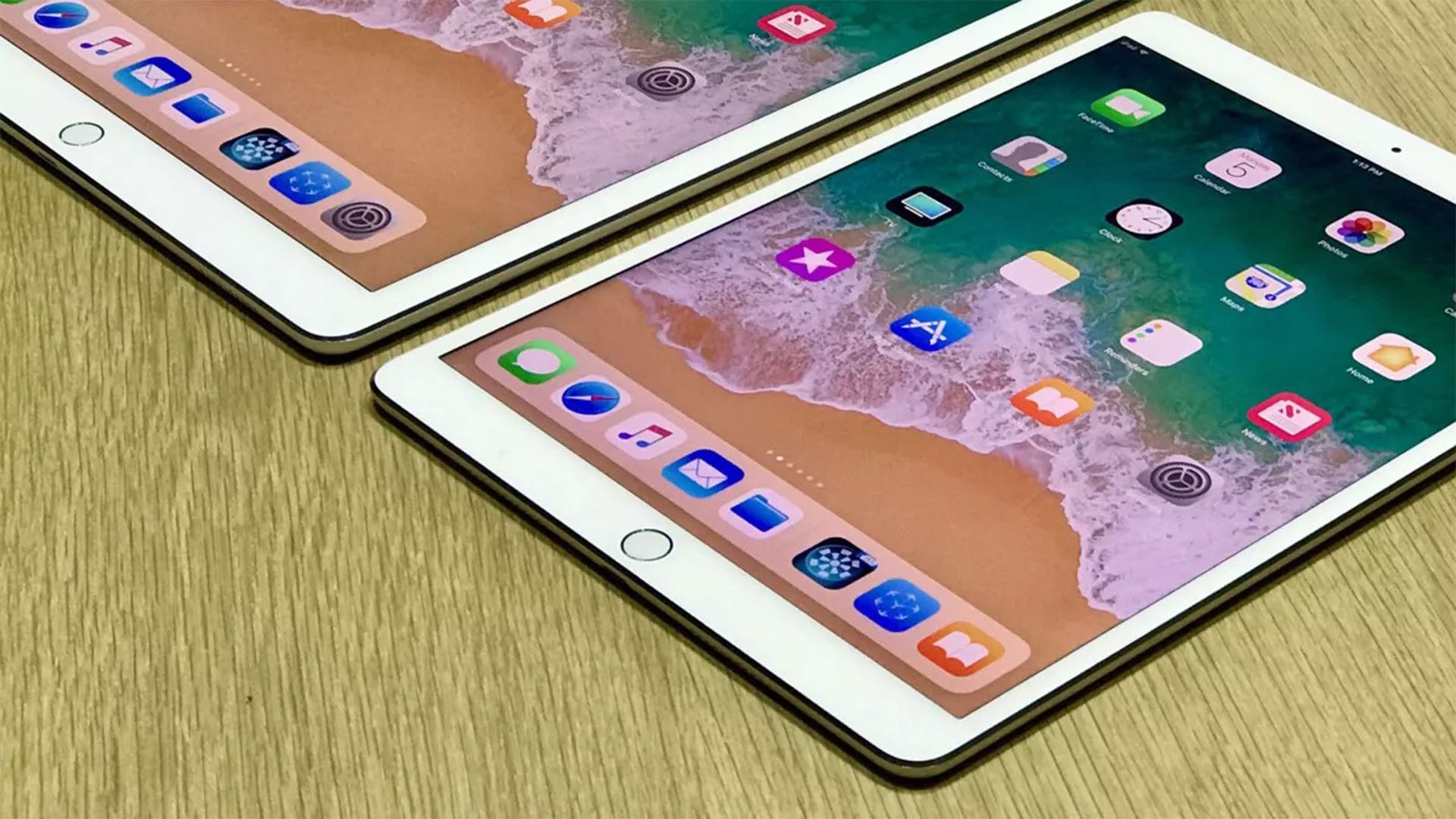
Whether you restore from backup, set up as new, or install an update to iPadOS 16, your iPad could expend a lot of power downloading apps, games, mail, photos, and other content. That’s because the Wi-Fi radio stays on for a long time and Spotlight — the iPadOS search system — has to index everything. When radios and processors can’t sleep, power consumption goes way up.
If you’ve just upgraded the hardware such as to the iPad mini 6 or you’ve installed new software, give things a day or two to finish up and go back to normal. If you’re fine after that, great. If not, keep reading!
Test on standby
In addition to the system taking a while to really finish transferring everything over, we also tend to spend a long time playing with new iPads and features. That’s especially true with things like ProMotion or Apple Pencil, or the new drag and drop or augmented reality (AR) features. Then the screen stays on, storage gets written, WI-Fi and maybe cellular radios stay lit up, and power gets consumed.
In other words, if your battery feels like it’s only lasting half as long, first ask yourself if you’re using it twice as much.
You can also note how much battery life you have left and then put your iPad down for 20-40 minutes. When you pick it back up, note how much battery life you have left again. If there isn’t a big change while in standby, you’re probably okay, and your battery life will return to normal when your usage returns to normal (after the novelty wears off).
If your iPad continued to drain and drain fast, even when you weren’t using it, head on to the next section!
Reset
Rebooting, restarting, or resetting is the oldest cliche in troubleshooting because it works. Sometimes a good reset is all that’s needed to kick bad bits loose and fix iPad battery life. Here’s how to reset the iPads that have a Home button like the iPad (2020).
- Press and hold down both the Sleep/Wake (on/off) button and the Home button at the same time.
- Keep holding them down as the screen turns off.
- Keep holding them down until you see the Apple logo.
- Let go.
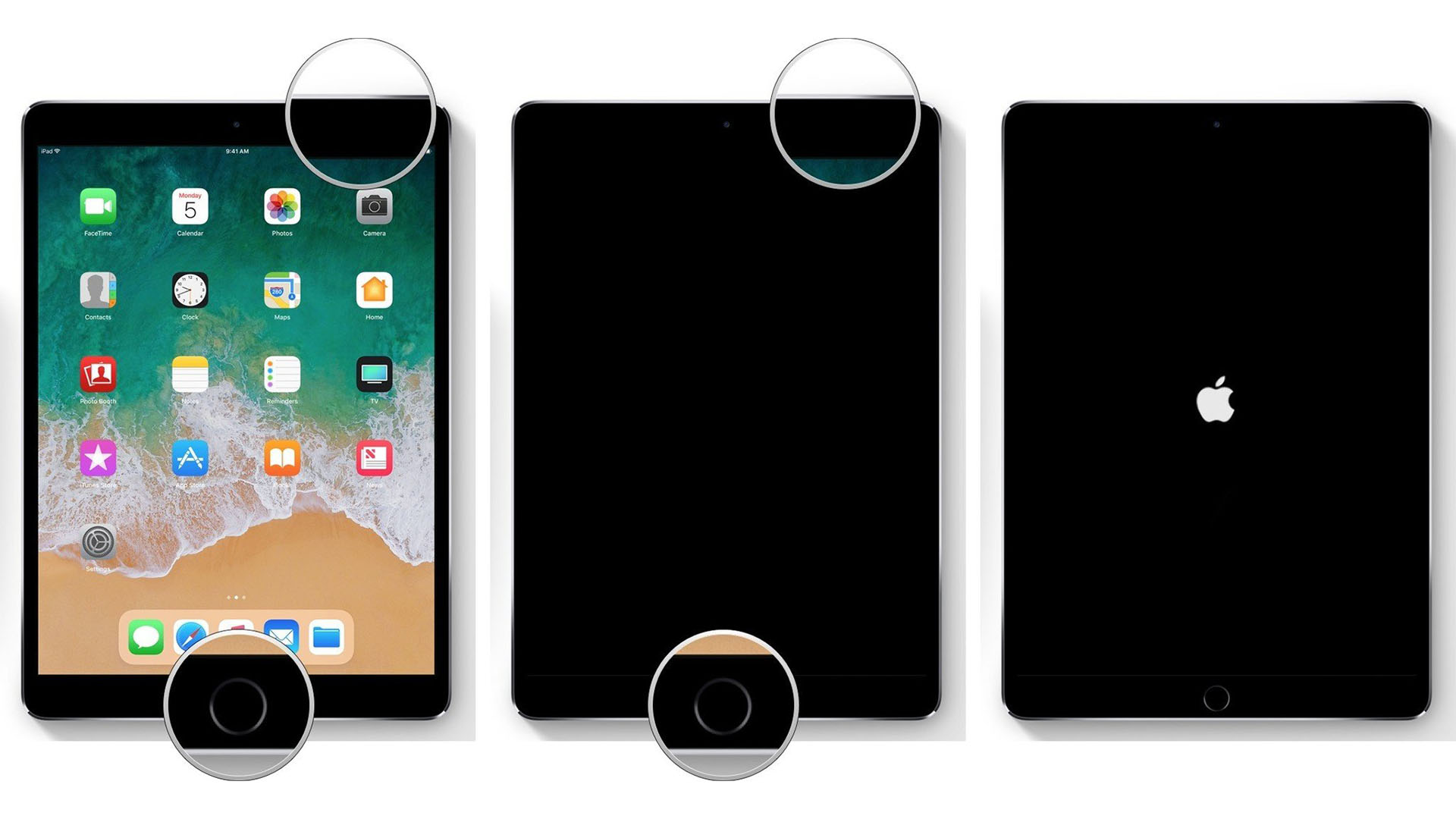
How to reset your iPad Pro, iPad Air 4, and Air5
The 2018 and later iPad Pro models and the iPad Air 4 and iPad Air 5 don’t have a Home button, so you’ll need to do this a bit differently if you’ve picked up Apple’s latest tablet.
- Press and hold the top button and either volume button on your iPad.
- Continue holding them as the screen turns off.
- Continue holding them until you see the Apple logo.
- Release the buttons.
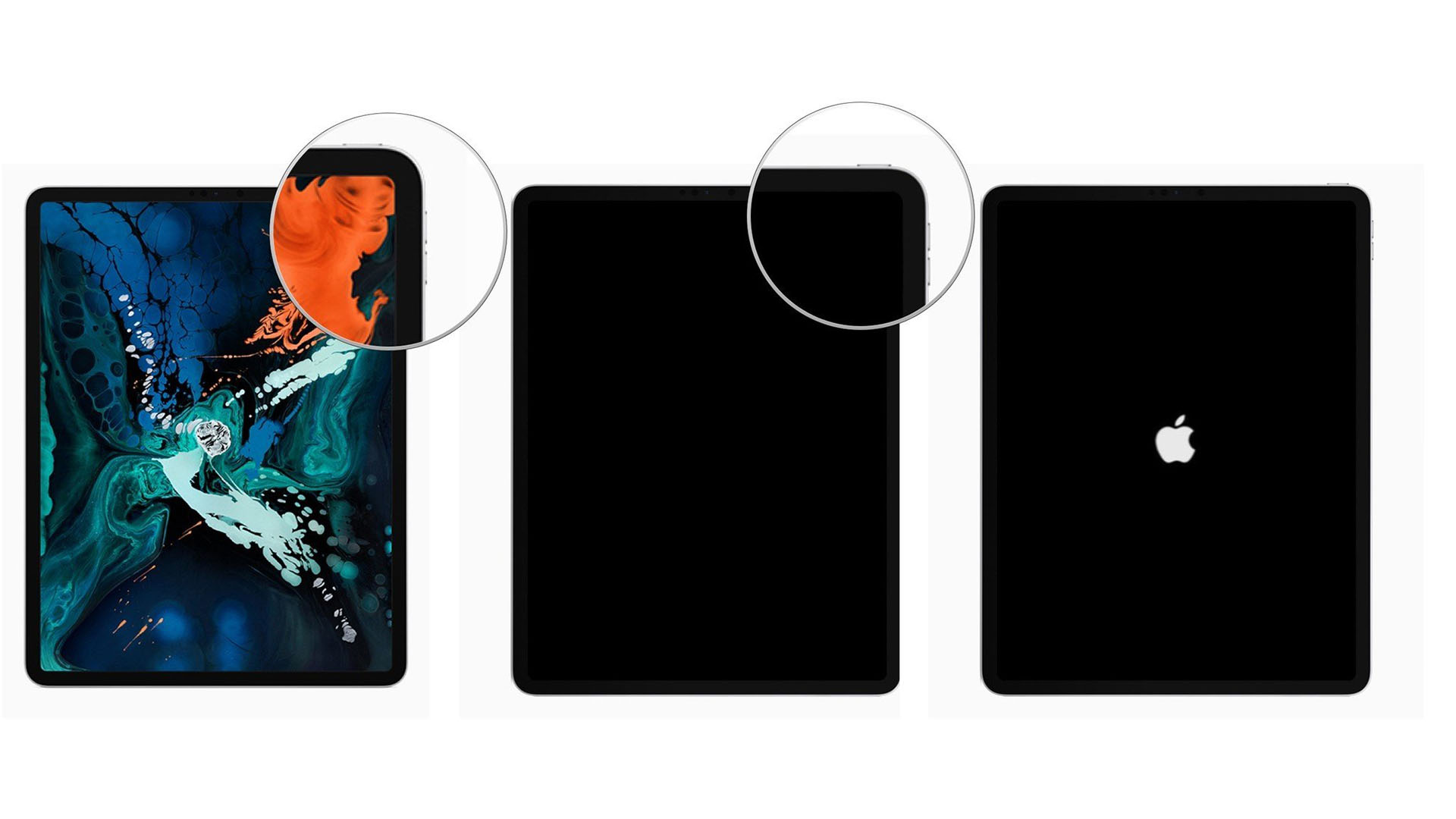
Once your iPad has rebooted, repeat the previous steps and see if the battery drain has returned to normal. If not, keep reading!
Check usage
iPadOS contains a terrific battery usage — aka battery shaming — utility that lets you know exactly which apps and services are using your battery and how. Knowing this information gets you one step closer to fixing your iPad battery life.
- Launch Settings from your Home screen.
- Tap on Battery. Wait a moment for Battery Usage to populate.
- Tap on the Show Battery Usage button to get a breakdown of foreground and background power usage.
- Tap on Last 10 Days to get a broader look at power consumption over time.
It can be tricky to understand, but here’s the deal: If you see iCloud Photo Library there, and you’ve just upgraded, it’s a sign you’re downloading thumbnails and things should return to normal when you’re done. If you see Facebook there and it says 4% on screen and 40% in the background, it’s a sign something has gone wrong.
At that point, if you know how to force quit an app on your iPad, you can likely get your power consumption back to normal.
- Double-press the Home button to bring up the fast app switcher.
- Swipe to the app you want to force quit.
- Touch the app card and flick it up and off the screen.
If you are using an iPad without a Home button, you’ll need to swipe up from the bottom of the screen until the App Switch appears. More information about how to do this can be found in our how-to guide on using gestures.
If an app appears to be consistently misbehaving, you can try re-installing it or even switching to an alternative app or the web app version of the service for some of your activity.
Restore as new
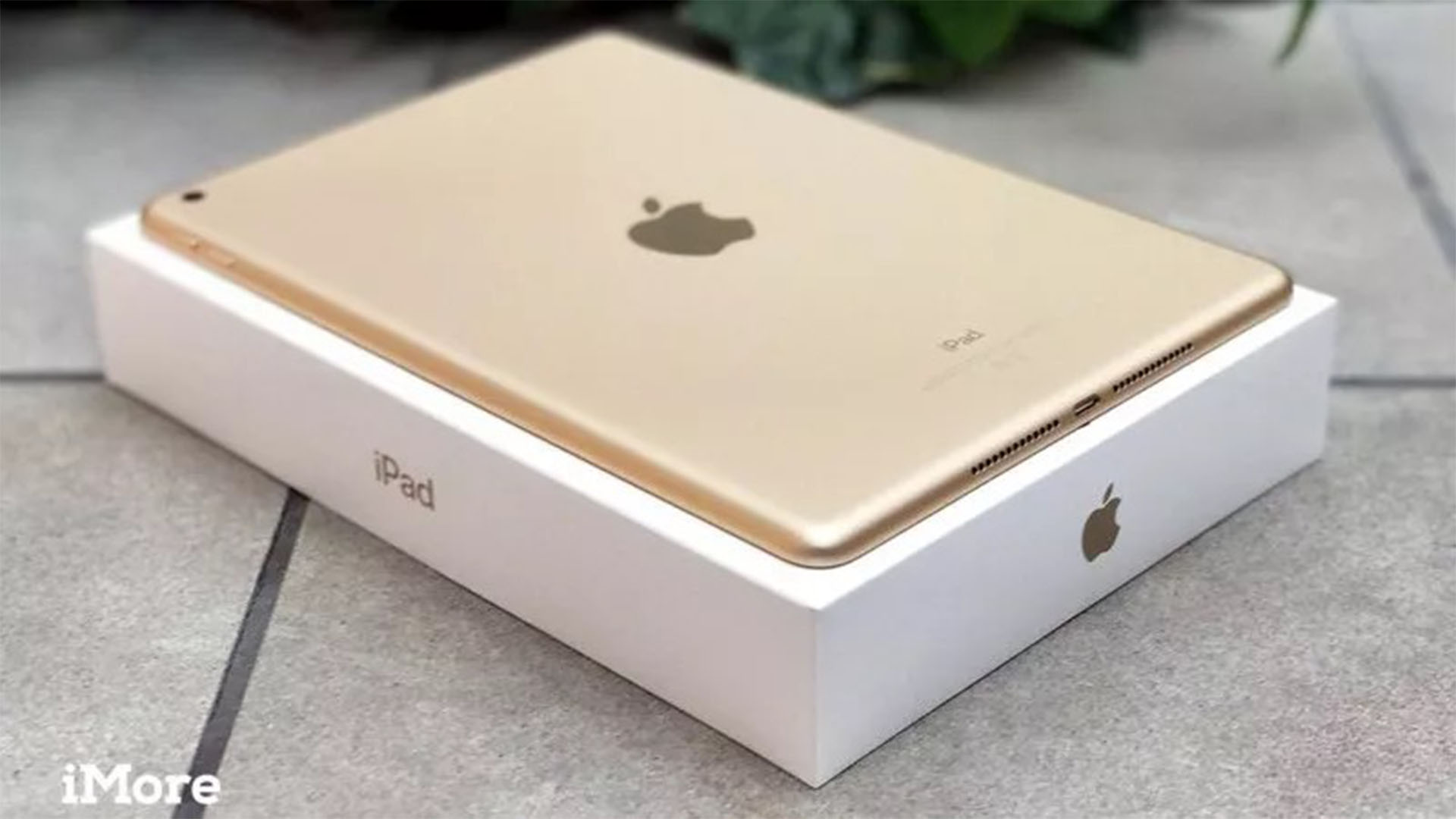
Sometimes restoring from an old backup, especially a backup of a different device like an iPhone, can be less than ideal. Cruft builds up and things just don’t run like they used to. Sometimes your once-fresh setup also goes stale.
If you suspect that’s the case, you can suck it up and set up your iPad as new. Yes, it can be an incredible pain in the apps, but if you have a significant and continual problem, and nothing else can fix it, setting up as new can be a solution for fixing iPad battery life.
Thanks to online services and storage, though, it’s not the nuclear option it used to be. A lot of content now streams or syncs from the cloud, including iCloud Keychain for passwords.
You will have to set a lot up again, including entering passwords and settings, and you will lose all your saved data like game levels, but in most cases, your battery life will be better than ever.
Battery packs
If you need to go longer than the built-in battery in your iPad will allow, one option is to get an external battery. Battery packs can come in all shapes and sizes and can often charge multiple devices, even at once.
I have a massive battery pack that I used to charge my iPad on the road, sometimes more than once. (I also use it to charge iPhone, Apple Watch, AirPods, and more)!
We’ve actually tested some of the best battery packs for the iPad Pro, and they are excellent for keeping your iPad charged up while you’re on the move.
Lowering power on iPad
There’s still no Low Power Mode for iPad the way there is for iPhone — sadness! — but there’s a lot you can do to lower power consumption anyway.
- Turn down the screen brightness.
- Set Auto-Lock to one minute.
- Use headphones instead of the speaker if you have to listen to audio or music.
- Turn off Lock screen notifications so it stops lighting up your display.
- Turn off push for mail and use fetch instead.
- Turn off Background Refresh for apps.
- Use the best, strongest internet connection possible, whether that’s Wi-Fi, LTE, or dropping down to 4G/3G. (Poor signal means the radio has to power up to catch it).
Contact Apple
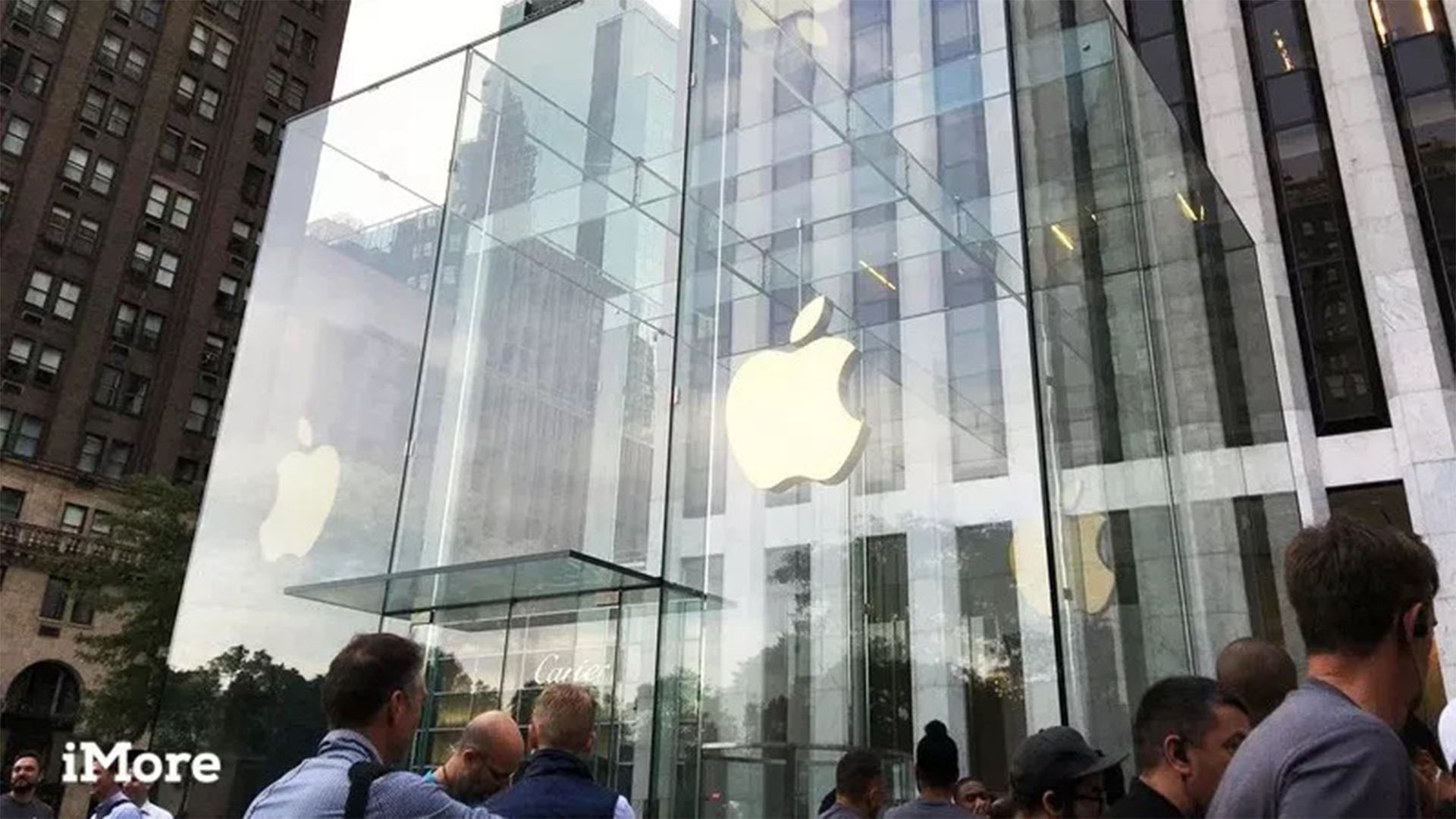
Every once in a while, you get a problem you just can’t solve. Like any electronics, sometimes things go wrong. If you have AppleCare or AppleCare+, you should absolutely book a Genius Bar appointment and avail yourself of it. If you don’t live close to an Apple Store, you can call 1-800-MY-APPLE in order to set up a mail-in repair.
Maximize your power
The best iPads should keep a robust and reliable battery life for years after purchase. If you’ve been noticing some power lags, hopefully, these steps will help you to revigorate that iPad battery. If your machine is so old that it’s not even receiving updates from Apple, however, there might not be a lot more you can do. If this is the case, it might be time to consider upgrading to the latest iPad for loads more battery life and new features.
Update July 2022: Updated for new iPad models and for iPadOS 15.
